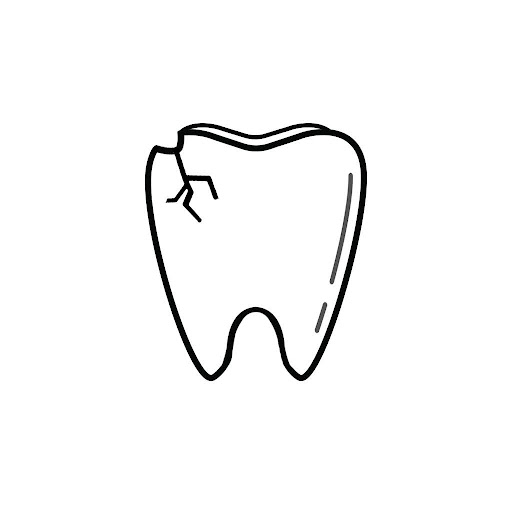
No one plans for a dental emergency, but knowing what to do when one occurs can make all the difference in saving your tooth and protecting your oral health. At Family 1st Dental, your trusted dentist in Lake City, we’re here to guide you through common dental emergencies and provide timely care when needed. Here’s what you should do in case of a dental emergency:
- Knocked-Out Tooth:
- Rinse the tooth with water if dirty, but avoid removing any tissue attached to it.
- Keep the tooth moist by placing it back into the socket if possible, or store it in milk or salt water.
- Contact our dental office immediately for emergency care.
- Chipped or Cracked Tooth:
- Save any tooth fragments if possible.
- Rinse your mouth with warm water to clean the area.
- Apply a cold compress to reduce swelling and alleviate pain.
- Object Caught Between Teeth:
- Use dental floss to gently remove the object. Avoid using sharp instruments.
- If unsuccessful, contact our dentist for assistance.
- Soft-Tissue Injuries:
- Rinse your mouth with mild salt water to control bleeding.
- Apply a moistened gauze or tea bag to the bleeding area for 15 minutes.
- Use a cold compress to reduce pain.
To prevent dental emergencies:
- Wear a mouthguard during sports activities to protect your teeth.
- Avoid chewing hard items like ice, popcorn kernels, and hard candies.
- Refrain from using your teeth as tools for cutting or tearing objects.
In the event of a dental emergency, don’t hesitate to reach out to our Lake City dental office immediately. We’ll provide you with expert guidance and may ask you to visit our office for prompt treatment. For any additional questions or concerns about dental emergencies, feel free to contact us at Family 1st Dental. Your oral health and comfort are our top priorities.










